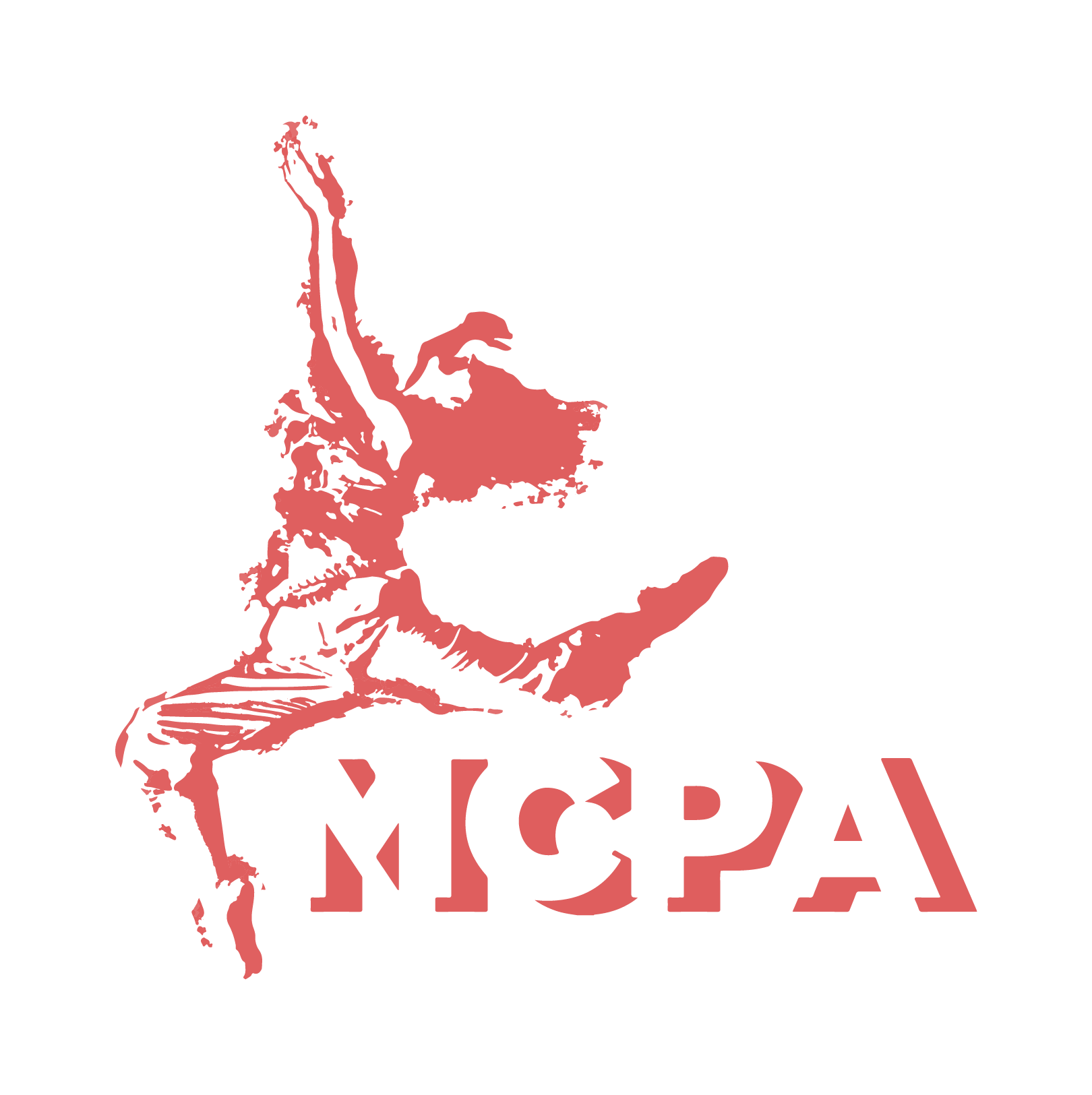Melbourne Chinese Performing Arts adheres to all Child Safety Standards set by the Victorian Government.
Our commitment to child safety
Melbourne Chinese Performing Arts (MCPA) supports, respects and protects all children, as well as our staff and volunteers. The welfare of children in our care is our priority and we have a zero tolerance to child abuse. We remain committed to providing a safe and happy environment for children and parents. MCPA core values clearly support this commitment:
Fun & Engaging – Our classes and activities are underpinned by this value. For students to derive the most benefits and learn they must enjoy what they are doing! Our pre-school, junior and adult dance programs are underpinned by the notion that children learn best through play.
Inclusive – We genuinely believe that dance is for everyone. We will work in partnership with parents and students to ensure that class placement is appropriate and we deliver content in a way that meets the needs of learners.
Community – MCPA is a community; we foster supportive and nurturing connections amongst our staff team, business partners, families and students. We will always look for ways to engage our students and families in local activities that promote dance and our students. We believe that MCPA can contribute to the vibrancy and social fabric of the Peninsula, particularly for young people.
Excellence – Staff are committed to ongoing training and development. Our professional associations with Kinderballet and Comdance & Ausdance VIC ensure that we remain up to date with best practice. We will never stop learning!
Valuing Diversity
MCPA value diversity and to achieve this, we:
Welcome and promote the cultural safety, participation and empowerment of Aboriginal children and their families;
Welcome and promote the cultural safety, participation and empowerment of children from culturally and/or linguistically diverse backgrounds and their families;
Welcome children with a disability and their families;
Seek appropriate staff of diverse ages and sexualities and from diverse cultural backgrounds.
Risk Management
We recognise the importance of a risk management approach to minimising the potential for child abuse or harm to occur and use this to guide our policy and procedures. In addition to general occupational health and safety risks, we proactively identify and manage risks of abuse to our children. These include risks posed by physical environments (e.g. doors that can lock), and online environments (e.g. staff contacting children via social media).
Regular review
This policy will be reviewed every two years and following significant incidents if they occur. We will ensure that families and children have the opportunity to contribute. Where possible we will do our best to work with local Aboriginal communities, culturally and/or linguistically diverse communities and people with a disability.
Privacy
All personal information considered or recorded with respect the privacy of the individuals involved, whether they be staff, parents or children, unless there is a risk to someone’s safety. All records are securely stored. All related parties are entitled to know how information is recorded, what will be done with it and who will have access to it.
Further information
Further information about the Child Safe Standards can be found on the Department of Health and Human Services (the department) website. This includes additional resources that have been designed for organisations that are funded and/or regulated by the department. In particular, an overview of the Victoria Child Safe Standards https://providers.dhhs.vic.gov.au/overview-victorian-child-safe-standards-word has information to help organisations to understand the requirements of each of the Child Safe Standards.
All organisations may also refer to the information and resources available on the Child Safety Standard and Principles page https://ccyp.vic.gov.au/child-safety/being-a-child-safe-organisation/the-child-safe-standards/ on the Commission for Children and Young People’s website.
If you believe a child is at immediate risk, phone 000.

